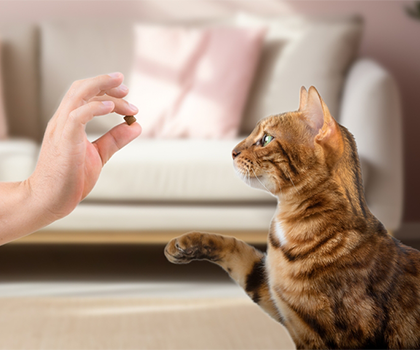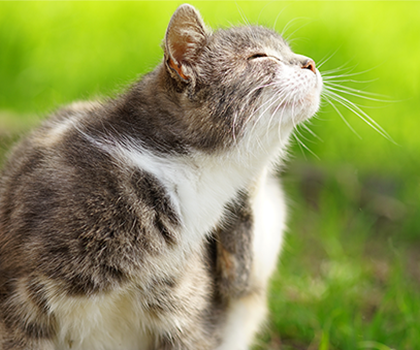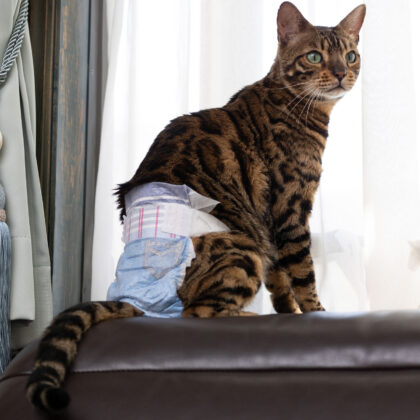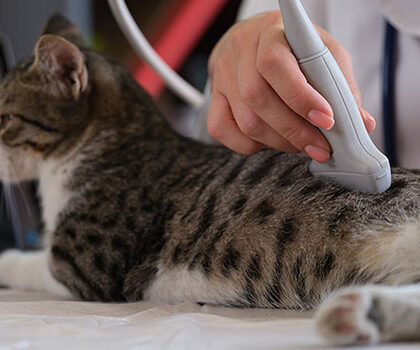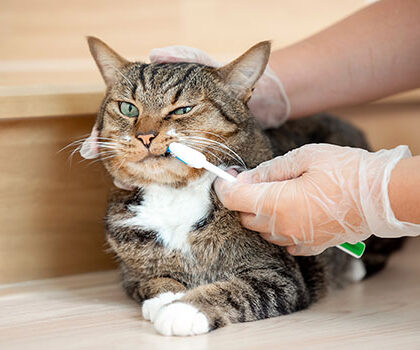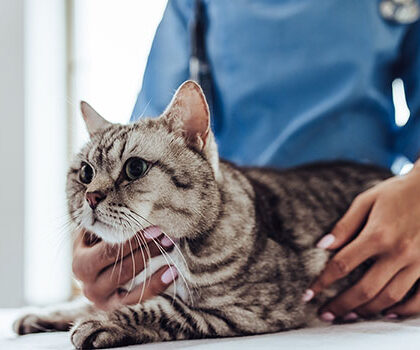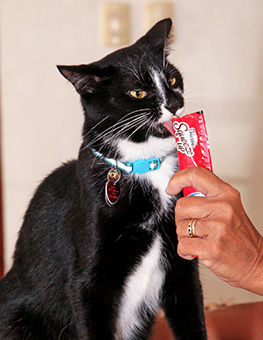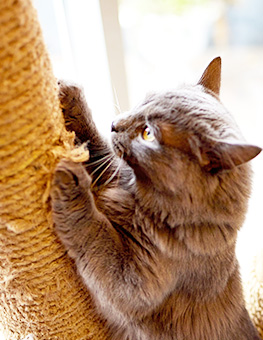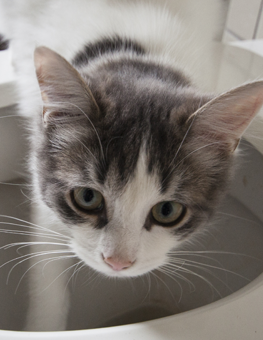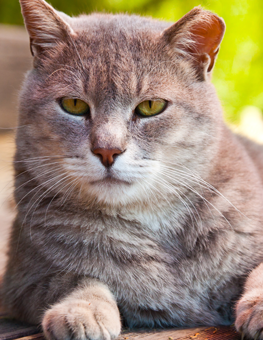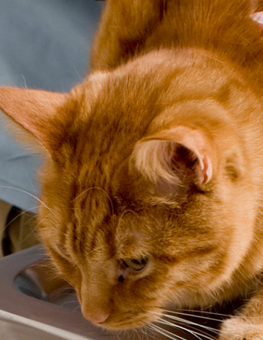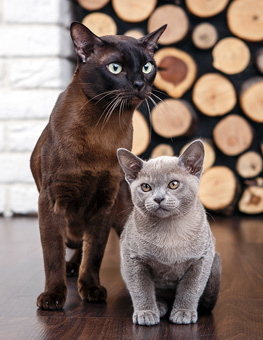Cleaning Up Your Feline’s Litter Box Problems
After you've adopted a cat and brought him home for the first time, getting him adapted to his new litter box can sometimes be a struggle.
After you've adopted a cat and brought him home for the first time, getting him adapted to his new litter box can sometimes be a struggle. Worse yet, there can be times when your feline has used his litter box for years and then develops problems like peeing or spraying just outside of it. This can be a major development that could be indicative of deeper cat wellness problems that you'll need to tackle in the future. In the meantime, it's best to keep a few of these tips in mind to help your furry friend relearn to use his box.
Visit the vet.
If your feline starts to miss his box or goes outside of it after months or years of reliable use, CatChannel.com suggests bringing him into the vet to check for any problems. When you are able to remove major health problems such as urinary tract problems from the equation, you can then put your focus on behavioral issues, which are far easier to control.
Litter box location.
The location of your feline's litter box plays a big role in your cat's comfort level with doing his business, so consider moving it to a quiet area of your home. Cats like to do their thing in privacy, so experiment with a few locations that are far removed from the day-to-day traffic flow of your house to see if there are any differences in his behavior. Has your cat’s sleeping area moved? Cats do not like to soil the areas close to their sleeping or eating areas, so place the litter box some distance away. However, do not place the litter box in an area that is too inaccessible.
A larger box.
Over time, your cat could become frustrated with the confines of his current cat box, so it may be wise to try a few different versions. For instance, skip the overhead covering and look for a box that he can get in and out of quite easily. Or, you can go with a box with a bit more depth for felines who like to dig a lot after each trip. Typically, it will take a few tries for you to find the right mixture of features and accessibility that makes your cat comfortable, so prepare to go through a bit of a trial and error period until your cat finds something he likes. If there is more than one cat in the house, have several litter boxes available.
Another reason you may find your cat suddenly going outside of the litter box is stress related. This stress may be caused by a new cat in the neighborhood, children home on vacation, too many cats in the house, you going on vacation, or even just a new piece of furniture.
Litter box problems can be a daunting development for cat owners, but once medical issues are ruled out, it could simply be a matter of personal taste. It may require a few tries and more than your share of new litter boxes, but his problems are manageable for those with patience and dedication.



